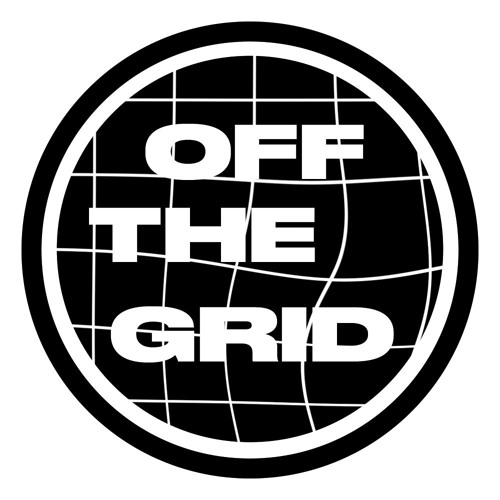Understanding "Off the Grid" in the Context of Social Media
In today's digital age, the term "off the grid" has taken on new meaning, especially in the realm of social media. It refers to the deliberate act of disconnecting from one's online presence, particularly on social networking platforms. This article delves into the concept of going "off the grid" in the context of social media, exploring its significance and the reasons people choose to do so.
1. What Does "Off the Grid" Mean in Social Media?

Off the Grid
Digital Detox: Going "off the grid" on social media means taking a break or detox from these platforms. It involves temporarily or permanently deactivating one's profiles or simply abstaining from posting, liking, or engaging with content.
Privacy and Anonymity: Some individuals use social media for various personal or professional reasons but wish to maintain a level of privacy and anonymity. Going "off the grid" can involve minimizing personal information shared and limiting interactions.
2. Reasons for Going "Off the Grid"
Mental Health: The constant barrage of information and social comparison on social media can contribute to stress, anxiety, and feelings of inadequacy. Many people choose to disconnect to protect their mental well-being.
Time Management: Social media can be incredibly time-consuming. Going "off the grid" allows individuals to regain control of their time and focus on other priorities.
Privacy Concerns: High-profile data breaches and concerns over personal information misuse have prompted individuals to reduce their online footprint.
Reducing Digital Clutter: In an era of information overload, some people find solace in decluttering their digital lives by disconnecting from social media.
3. Strategies for Going "Off the Grid"

Strategies
Deactivation: Most social media platforms offer the option to temporarily or permanently deactivate accounts. This can be an effective way to disconnect.
Limiting Usage: Instead of quitting social media entirely, some individuals choose to limit their usage by setting daily or weekly time limits.
Selective Engagement: Rather than engaging with all social networks, people can choose to focus on a few platforms that align with their interests and goals.
4. The Impact on Social Life
Going "off the grid" can have both positive and negative effects on one's social life:
Reconnecting with Reality: Disconnecting from virtual social networks can lead to more meaningful face-to-face interactions.
Missing Out: On the flip side, individuals may feel like they're missing out on important updates, events, or social connections when they're not on social media.
The meaning of "off the grid" in the context of social media revolves around disconnecting from the digital world for various reasons, including mental health, privacy, and time management. While it can have positive impacts on well-being and real-world relationships, it may also come with the fear of missing out. Ultimately, the decision to go "off the grid" is a personal one, with individuals carefully weighing the pros and cons in our increasingly connected world.